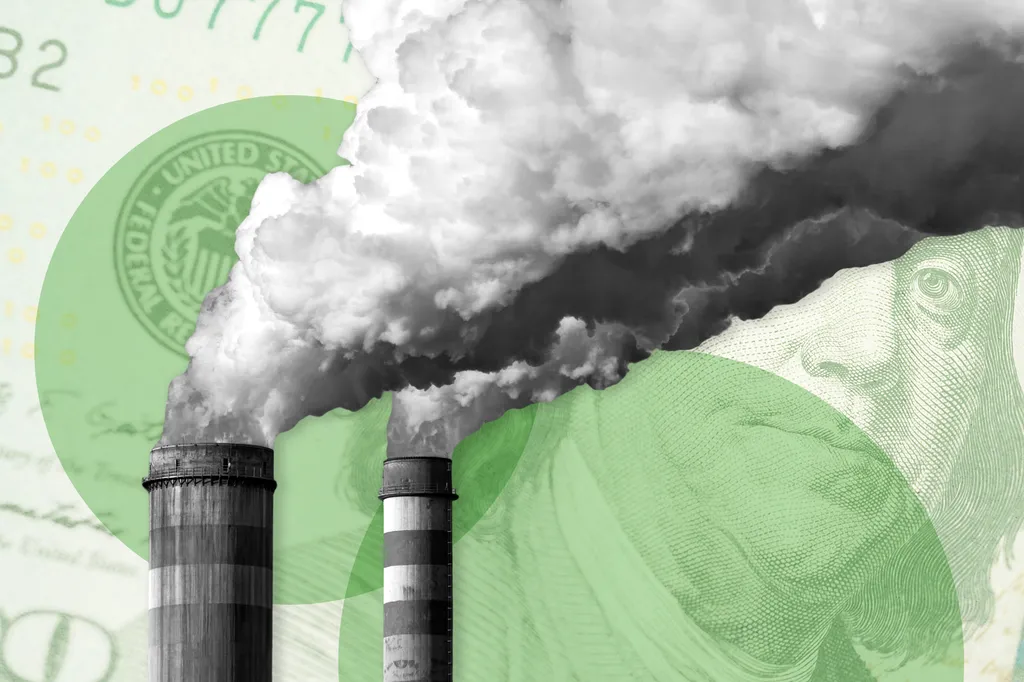The ongoing U.S. government shutdown, now in its third week, has raised concerns about the potential environmental and economic implications, particularly for the agriculture sector and investors. A recent study published in the Journal of the Association of Environmental and Resource Economists has shed light on the consequences of reduced oversight during the 2018 government shutdown, which saw a significant increase in pollution from coal power plants.
During the 2018 shutdown, the Environmental Protection Agency (EPA) was forced to sidelined close to 600 inspectors, leading to a lapse in monitoring and enforcement of environmental regulations. Researchers found that particulate pollution from coal plants jumped between 15 and 20 percent as soon as the shutdown began, only returning to normal levels once the shutdown ended and inspections resumed. This pattern suggests that power plant operators took advantage of the lack of oversight to increase pollution, likely by turning off devices that filter out particulates to save on energy costs.
The implications for the agriculture sector are significant. Increased particulate pollution can have detrimental effects on crop yields and livestock health. Particulate matter can settle on crops, reducing their marketability and potentially affecting their nutritional value. Additionally, increased air pollution can exacerbate respiratory issues in livestock, leading to decreased productivity and increased veterinary costs.
For investors, the shutdown highlights the risks associated with regulatory uncertainty. The study’s findings underscore the importance of strong and continuous monitoring and enforcement of environmental laws. Investors in the energy sector, for example, may face increased compliance costs and reputational risks if environmental regulations are not consistently enforced. Conversely, investors in renewable energy and other environmentally friendly technologies may benefit from a shift in focus towards more sustainable practices.
The current shutdown, which has seen an accelerated departure of EPA staff, raises concerns about the long-term viability of environmental regulations. Without strong oversight, environmental laws risk becoming hollow promises, potentially leading to increased pollution and associated economic costs. As the shutdown continues, it is crucial for policymakers to consider the broader implications for the environment, agriculture sector, and investors.

